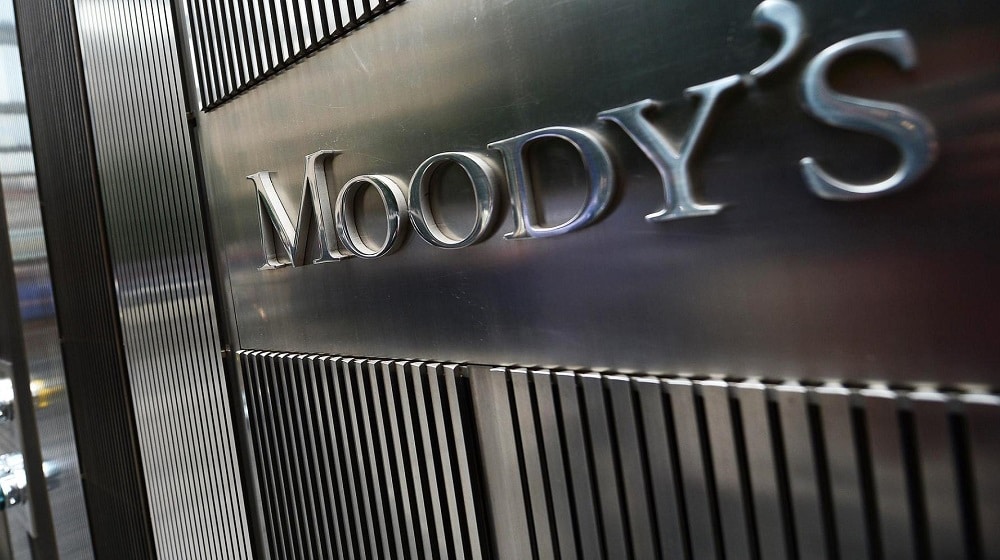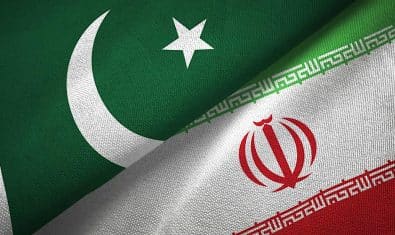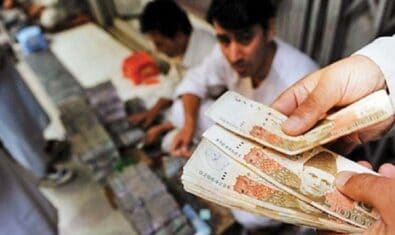The credit rating agency, Moody’s, has commented that the IMF program would be a credit positive for Pakistan. The access to a cheap, stable source of external financing would provide immediate support to the government’s external financing needs, the report stated.
Additionally, support and technical assistance from the IMF would aid macroeconomic rebalancing and the government’s structural reform agenda.
However, it warned that the external and fiscal challenges remain, particularly in light of investments, imports and external borrowing related to projects under the China-Pakistan Economic Corridor (CPEC).
Moody’s has projected that Pakistan’s gross external financing needs for fiscal 2019 are estimated to be around $30 billion, due to the widening current account deficit.
“In part owing to the wide current-account deficit, we estimate Pakistan’s gross external financing needs for fiscal 2019 to be around $30 billion, of which $7-$8 billion are the government’s external repayments,” forecasted the Credit Outlook report.
ALSO READ
IMF Predicts Higher Inflation and Lower GDP Growth for Pakistan
Furthermore, despite the State Bank of Pakistan depreciating the Pakistani rupee by approximately 25% against the US dollar and a hike in its policy rate by a cumulative 275 basis points since December 2017, and fiscal authorities implementing one-off measures such as a tax amnesty scheme to incentivize capital repatriation, the current-account deficit remains wide.
The credit rating agency expects the current-account deficit to total 4.6% of GDP in fiscal 2019 (which ends June 2019), which is slightly narrower than the 5.8% deficit in fiscal 2018 but wider than the average deficit of 1.3% during fiscal 2013-16.
According to Moody’s, an IMF program will not only bridge the financing gap but will also serve as a strong signal to other official sector creditors which is crucial to meet the financing requirements over the coming years. “This is particularly the case if a more front-loaded program provides greater market confidence when Pakistan’s upcoming Eurobond and sukuk repayments totaling $1 billion each are due in April and December 2019, respectively.”
Moreover, the rating agency said that the IMF program will also provide crucial policy support and technical assistance to the recently elected government, led by Prime Minister Imran Khan’s Pakistan Tehreek-e-Insaf (PTI) party, in advancing its structural reform agenda.
The government has pledged a reform-based policy agenda, which includes raising economic competitiveness through pro-business policies, addressing corruption issues, reforming state-owned enterprises, enforcing greater discipline in government spending and broadening the tax base.
However, external and fiscal risks will remain significant, said the credit rating agency. The ongoing implementation of CPEC projects, which will likely amount to 9%-10% of GDP in fiscal 2019, and higher oil prices will keep the import bill elevated, says the report.
Seeing the government’s export package in June 2018 was extended for three years to fiscal 2021, this extension will benefit exports, they remain at half the level of goods imports, said the Moody’s.
Moody’s expects the fiscal deficit to narrow slightly to 5.4% of GDP in fiscal 2019 after a deficit of 6.4% in fiscal 2018, notwithstanding the government’s recently announced mini-budget to cut development spending and raise revenue through import duties and other administrative measures.


























